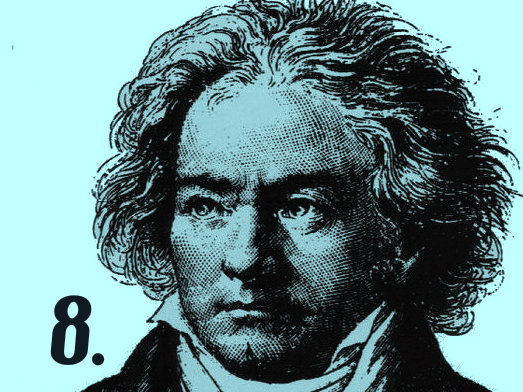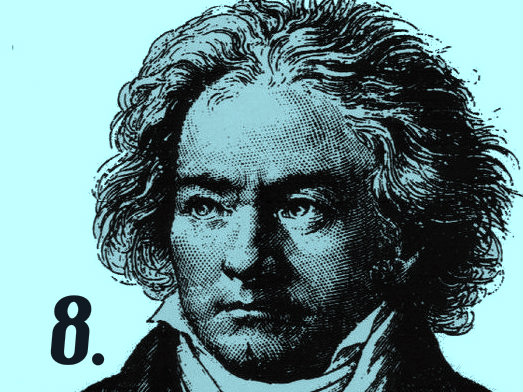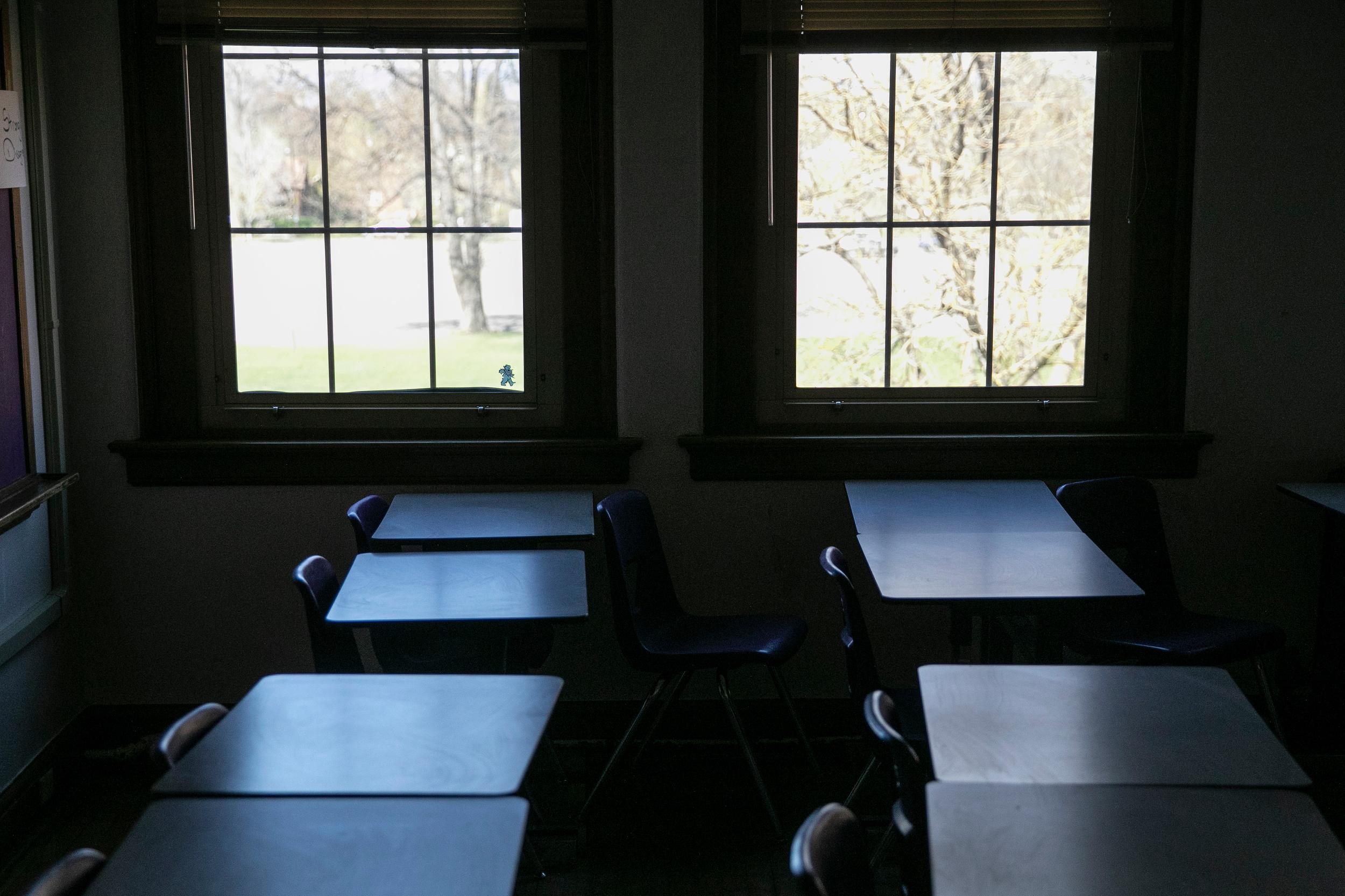

The Beethoven 9 as we explore the world of Beethoven through the lens of his symphonies with renowned classical biographer Jan Swafford.
Each month is dedicated to a different symphony. Each week you’ll hear a different interpretation from a world-class orchestra.
In August, we looked at Symphony No. 8.
What are the odds without the evens in Beethoven’s symphonies?
He’s most famous for his odd-numbered symphonies. Each one plunges into a radical new direction.
But the even-numbered symphonies -- Nos. 2, 4, 6 and 8 -- were an important resting point, if you will, creating an ebb and flow throughout the symphonies. This is Beethoven reflecting life and the human experience. Breathing in and out.
It’s no different with the Eighth Symphony.
With the Eighth, Beethoven exhaled, loosened the frilly cravat around his neck and reflected on the past.
He returned in mind and music to a time before the Napoleonic Wars when Mozart reigned. The Eighth is full of Mozartian joy and wit.
Beethoven long dreamt of studying in Vienna with Mozart. Therein lies one of classical music’s greatest mysteries.
Nineteenth-century biographer Otto Jahn told a story perpetuated through the years, though uncorroborated: The 16-year-old Beethoven, visiting Vienna in 1787, played for Mozart, winning over the jaded composer and prompting him to declare, “Mark that young man; he will make himself a name in the world!”
Beautiful, if true.
As Jan Swafford puts it in his biography, “Beethoven: Anguish and Triumph:”
“Thus rose a foundation myth,a passing of the torch, the sort of thing the coming generations of Romantics elevated to Scripture.”
Beethoven didn’t move to Vienna until 1792, a year after Mozart died. It’s unclear if the two giants ever even met.
But did they need to? It seems Beethoven could scarcely have absorbed more from devouring and dissecting Mozart’s scores himself. Nowhere is that more evident than in this delightful and clever work.









